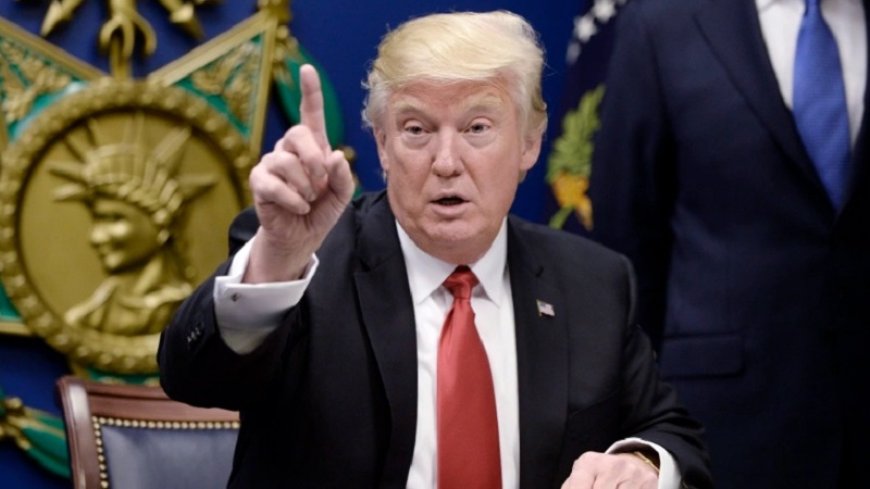The US trade war has begun
The US has launched a new round of trade war against its allies, imposing a 25% tariff on imports from Canada and Mexico and a 10% tariff on imports from China.

Trump's return to the White House under the slogan "America First" opens a new era of US trade relations with allies and trading partners. The ruling political wing in America, led by Trump, believes that the open door policy between countries and the reduction of trade tariffs will ultimately harm the United States, and that the country must return to the path of the past few decades in order to maintain its economic dominance.
"Our country was rich when it imposed tariffs," Trump said in a statement. He is referring to the era before World War II, when the United States imposed heavy tariffs on goods imported from abroad.
Now, with the elimination or significant reduction of trade tariffs, the United States has turned from a major exporter into a major importer, so that the foreign trade deficit is almost $ 500 billion.
In other words, Americans annually import $ 500 billion more than they export. This situation, which has persisted for years, is intolerable, according to US government officials, and must be changed by all means. Its tool is to raise import tariffs, hoping that as a result of the increase in the price of imported goods, their volume will decrease, and as a result, the US foreign trade deficit will also decrease. They hope in this way to support American manufacturing and American workers.
However, imposing heavy tariffs on goods imported from Canada, Mexico, China, or EU member states will be met with a reciprocal response from them in the form of imposing similar tariffs on goods imported from the United States. This will also harm American exports.
In other words, the tariff war that Trump has started will not only lead to an increase in the prices of imported goods, but will also harm American export markets and will put pressure on American citizens from both sides, to the extent that Trump himself has admitted to putting pressure on the American people.
But none of this seems to have affected Trump and his administration’s decision to engage in a trade war and escalate it. In their view, the US economy is too strong and large to lose a trade war, especially against countries like Canada, Mexico or members of the European Union, and they will ultimately accept America’s terms.
As for China, the US is also trying to force that country to make concessions by increasing political and security pressure on Beijing.
But America’s Achilles heel in its trade war with foreigners lies within the country itself: the American people may not be able to tolerate the price increases caused by rising imported goods and the loss of export markets, and may pressure their government to reconsider this approach.
Especially since the domestic discontent caused by the trade war could lead to a Republican defeat in next year’s midterm elections, and then put pressure on the Trump administration to reduce the fire of the trade war against America’s allies.













































